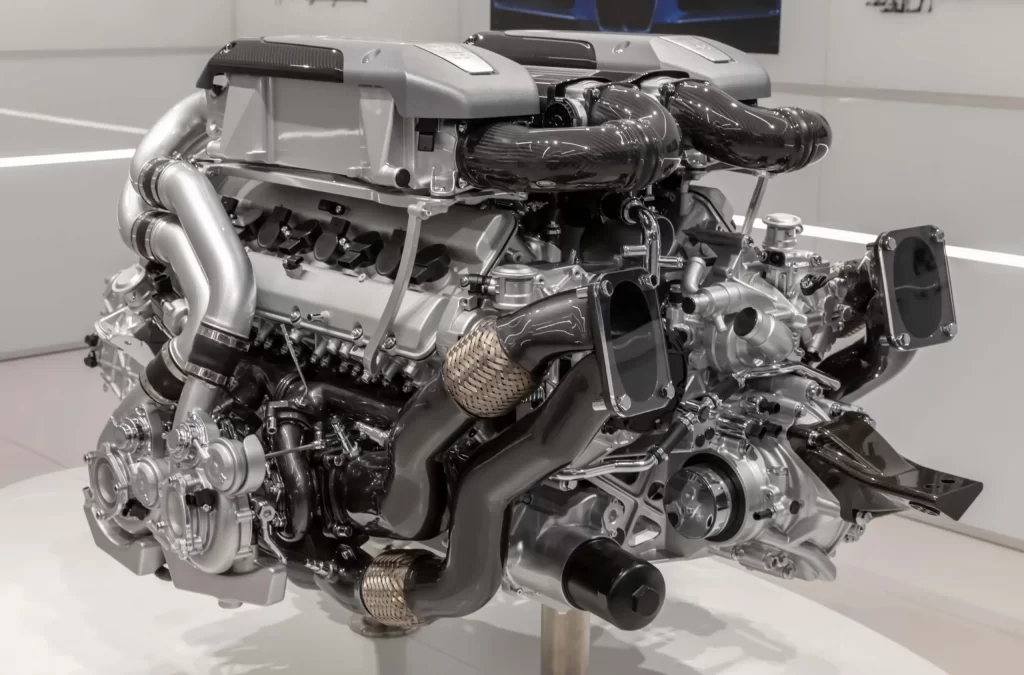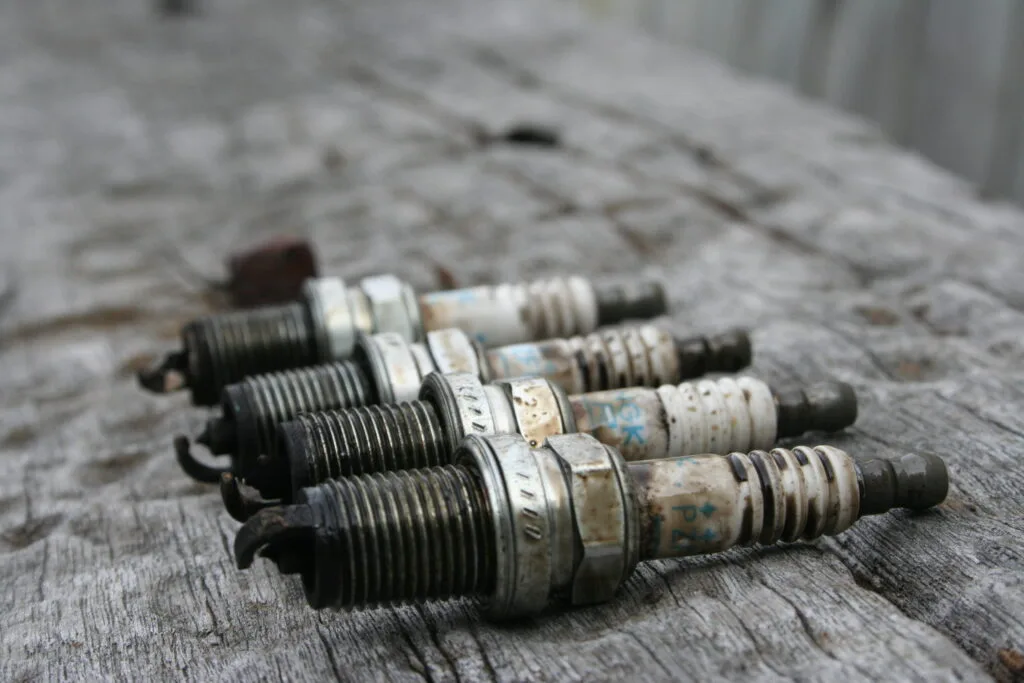So, when you need to make an engine quiet the most applicable and almost the best method is fine-tuning your car’s silencer. When the silencer is made with the bends at the right spots, then it will considerably reduce the engine sounds in just a matter of time.
Here are the other simple measures that you can take to minimize the engine sounds.
- Your car should have sound deadening mats installed.
- To get rid of the annoying noises, use foam sound-canceling sprays.
- Replace any worn rubber door seals.
- Rubber undercoat can be used to make spray painting more cost-effective.
- Uneven wear repairs may be required depending on the type of tires.
In this article, we discuss some useful tips and tricks and some repairs that you can use to make an engine quiet. So, stick until the end, and don’t forget to leave a comment if you feel like our content is valuable and interesting.
Why does the engine louder than usual?
Engines that appear louder than they normally are are common. In most cases, the engine rumbles because of an underlying problem. A dirty spark plug can be a simple cause of a problem, but a serious failing catalytic converter or muffler can also be the source of a problem.

Failure of the Catalytic Converter:
The catalytic converter is a very important part of the exhaust system, and if it fails, the engine will be louder than usual, run rough, and emit a rotten egg odor. A failing catalytic converter will almost always set off the Check Engine light.
As the converter wears out, it will be unable to burn off unburned hydrocarbons in the exhaust or break down the sulfur produced by the engine. This is what gives off the rotten egg odor. The car will eventually stop running as the catalytic converter becomes completely blocked.
Exhaust Manifold Leak:
The exhaust manifold collects engine exhaust gases. If the exhaust manifold is leaking, the engine can become louder, sputter, and run unevenly. In most cases, the Check Engine light will illuminate.
The hot gases escaping from a cracked or leaking exhaust manifold can cause more problems. They frequently melt plastic components in the vicinity. It’s also possible that leaking exhaust fumes will find their way into the car’s cabin.
Worn Seals or Gaskets:
The exhaust system contains a number of seals and gaskets, and when they fail, the engine can become louder and sputter.
Gaskets and seals will wear out over time and will need to be replaced. If this problem is not addressed, the exhaust manifold may be damaged, necessitating a much more costly repair.
Faulty spark plugs.
Bad or dirty spark plugs can cause the vehicle to misfire, causing it to run louder. Spark plugs produce the spark that ignites the fuel in the combustion chamber; if they malfunction, the fuel is not entirely ignited, and the vehicle misfires or sputters. It will be necessary to replace or clean the plugs.

Oxygen Sensors That Aren’t Working:
The oxygen sensors’ job is to determine how rich or lean the exhaust gases are as they exit the combustion chamber.
This information is used by the vehicle’s computer to adjust the amount of fuel that enters the engine.
A faulty or dirty sensor can send incorrect data, resulting in the engine receiving too much or too little fuel. This can cause the engine to run rough and be louder than usual.
Faulty mass airflow sensor.
The amount of air {oxygen} entering the fuel injection system is measured by a mass airflow sensor, which is dirty. This data is sent to the vehicle’s computer, which uses it to send the proper amount of fuel to the combustion chamber.
A dirty airflow sensor can cause the wrong amount of fuel to be delivered to the injectors, resulting in a rough engine that sounds louder than usual.
Is Driving with a Loud Engine Safe?
When talk about Make an Engine Quiet with Ease, we need to know loud engine safe or not. If you drive with a loud muffler, it’s possible that your vehicle will break down. If your muffler is making noises due to a hole, rust, or another issue, you may need to change your vehicle’s air supply. You and your passengers may be injured if you drive a vehicle with carbon monoxide on board.
Driving with a loud exhaust system can be dangerous. Carbon monoxide may be entering your vehicle’s cabin if your muffler is noisy due to a hole, rust, or another defect. Carbon monoxide is a poisonous gas that can kill you and your passengers.
If the muffler is loud for other reasons, be aware that most cities have ordinances prohibiting loud mufflers, and an unidentified defect could be harming your exhaust.
In any case, if you notice any loud noises coming from the muffler or anywhere else in your car, you should have it inspected for safety.
How to make an engine quiet?
- To summarize, your first step should be to confirm that your car’s engine causes annoying noise. You will be able to determine the cause of your problem if you follow the provided instructions.
- Before you consider external solutions to the problem of unwanted noises, make sure the issue isn’t internal. As a result, inspecting your motor is critical.
- You can check the condition of your car’s spark plugs, bolts, air, and vacuum hoses yourself, or you can have your mechanic do so.
- The location of your vehicle’s stereo on the ground can also cause noise issues. So, simply changing that location will solve the problem.
- You can also purchase an isolator to help you reduce noise. If your car is in good working order, but you still have a noise problem, you should consider purchasing an engine cover or soundproofing your vehicle.
What causes a noisy diesel engine?
The fuel is injected into the compressed air inside the cylinder in diesel engines. Because their mechanics work under higher pressure, these engines are much noisier than petrol engines. The noise is caused by many small parts inside, such as metal caps, small valves, and oil pipes.
How to reduce the noise in diesel engines?
Use synthetic engine oil instead of regular mineral oil:
Synthetic engine oil can provide significant benefits. Synthetic oils are more expensive than regular engine oils, but they are worthwhile. Synthetic engine oils provide better lubrication.
Use additives
If synthetic oil is too expensive, an oil-based additive can be used instead. When you add an oil-based additive to your vehicle, it coats all of the moving parts in the engine in the same way. As a result, friction will be reduced, as will noise.
Use sound dampening material.
This is possibly one of the most effective methods for reducing cabin noise in diesel vehicles. The concept is to use sound-absorbing damping materials in all areas.
These areas include the underside of the bonnet, behind the firewall – between the engine bay and the cabin, and the sides of the engine bay.
Engine shield or cover
If your car does not have an engine cover or shield, you can purchase one made of lightweight aluminum. Installing a sound dampening material on the underside and covering it with a reflective sheet is recommended.
Installing underbody covering:
A 100–150-micron thick underbody coating can help reduce road noise as well as engine noise to some extent. Not only that, but an underbody covering protects against rust and other physical damage caused by scraping on speed bumps or stones.
Some related FAQs about “Make an Engine Quiet.”
Are there any long-term effects or risks associated with using engine noise-reducing techniques or products?
Specific engine noise-reduction procedures or technologies may have long-term consequences, such as diminishing engine performance or efficiency or causing engine component damage if used incorrectly. To reduce the danger of harmful long-term impacts, it is critical to thoroughly research and follow the manufacturer’s directions for any noise-reducing items or practices. Before employing any noise-reducing goods or techniques on your engine, it is also recommended that you consult with a skilled mechanic.
We hope you’ve got the answer that you’ve needed for the question, “Make an Engine Quiet with Ease” reading our explanation. If you have more questions just leave a comment below, and we are really straightforward to help you further. If you need review of the Propeller Sound from Front of Car, check this link for it. Thank you.
